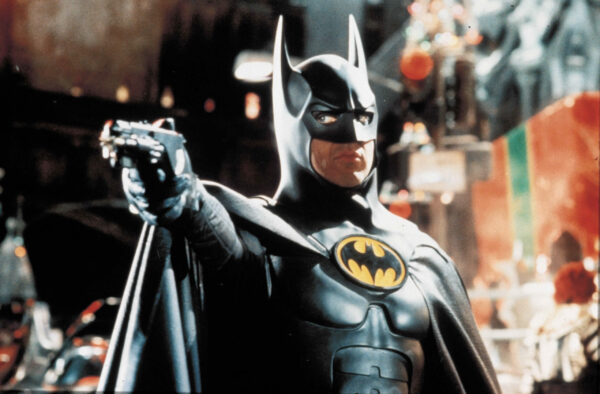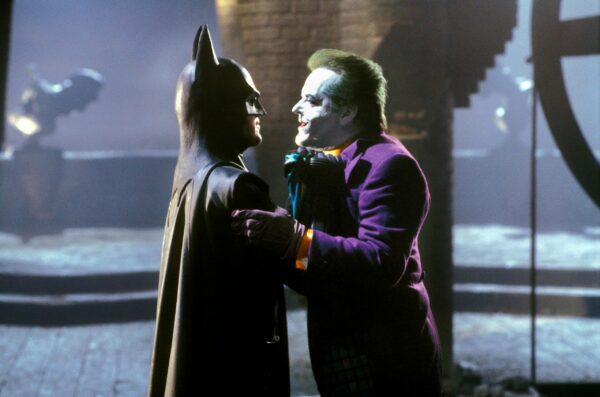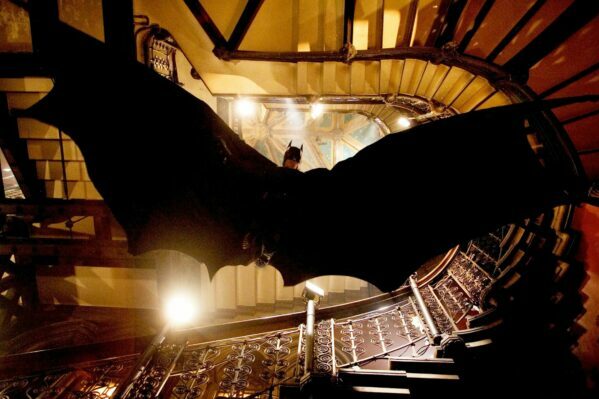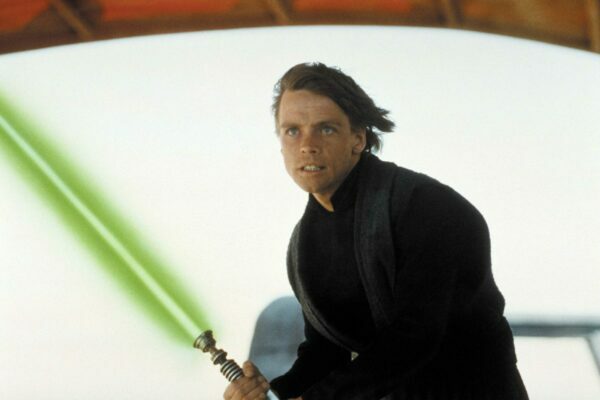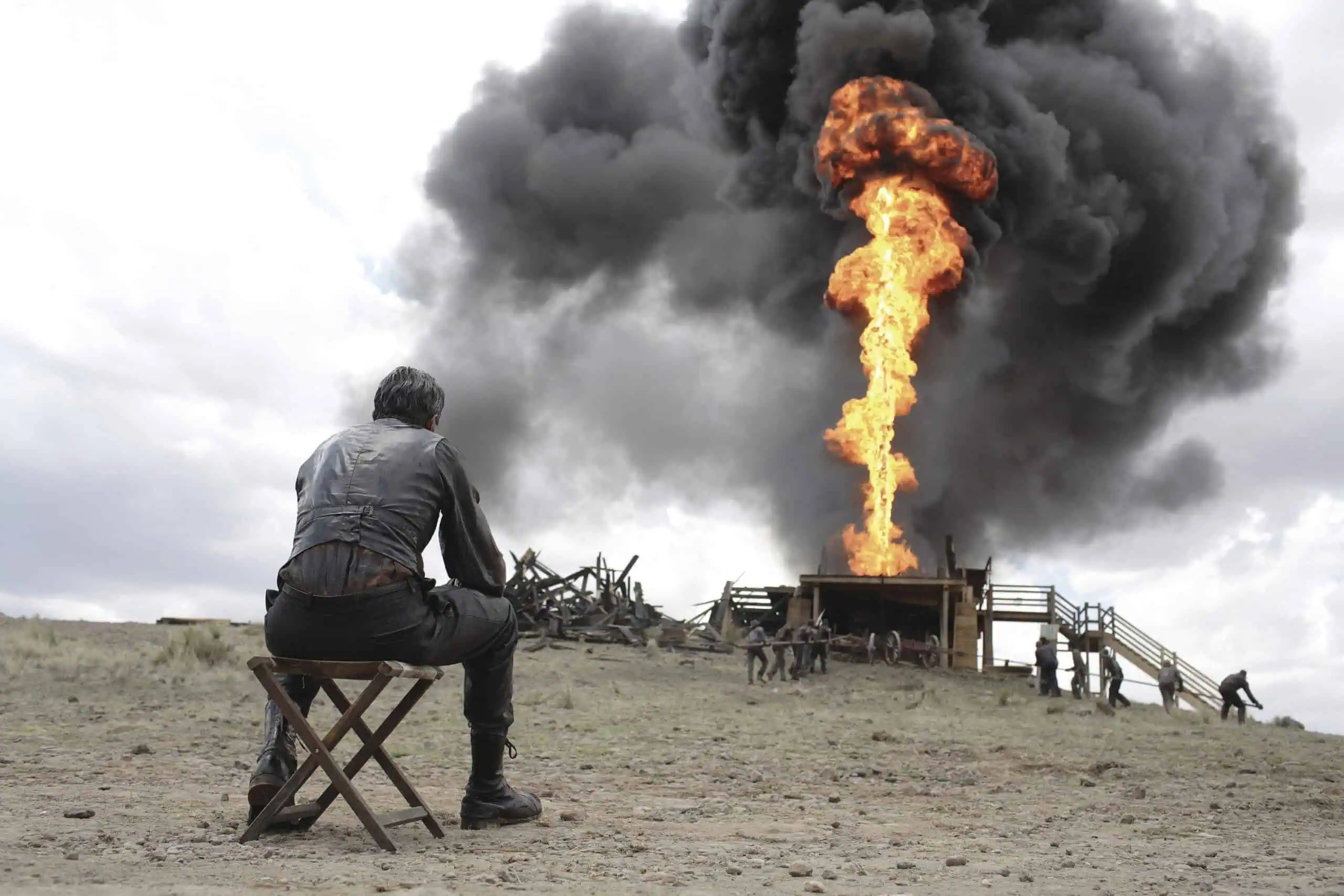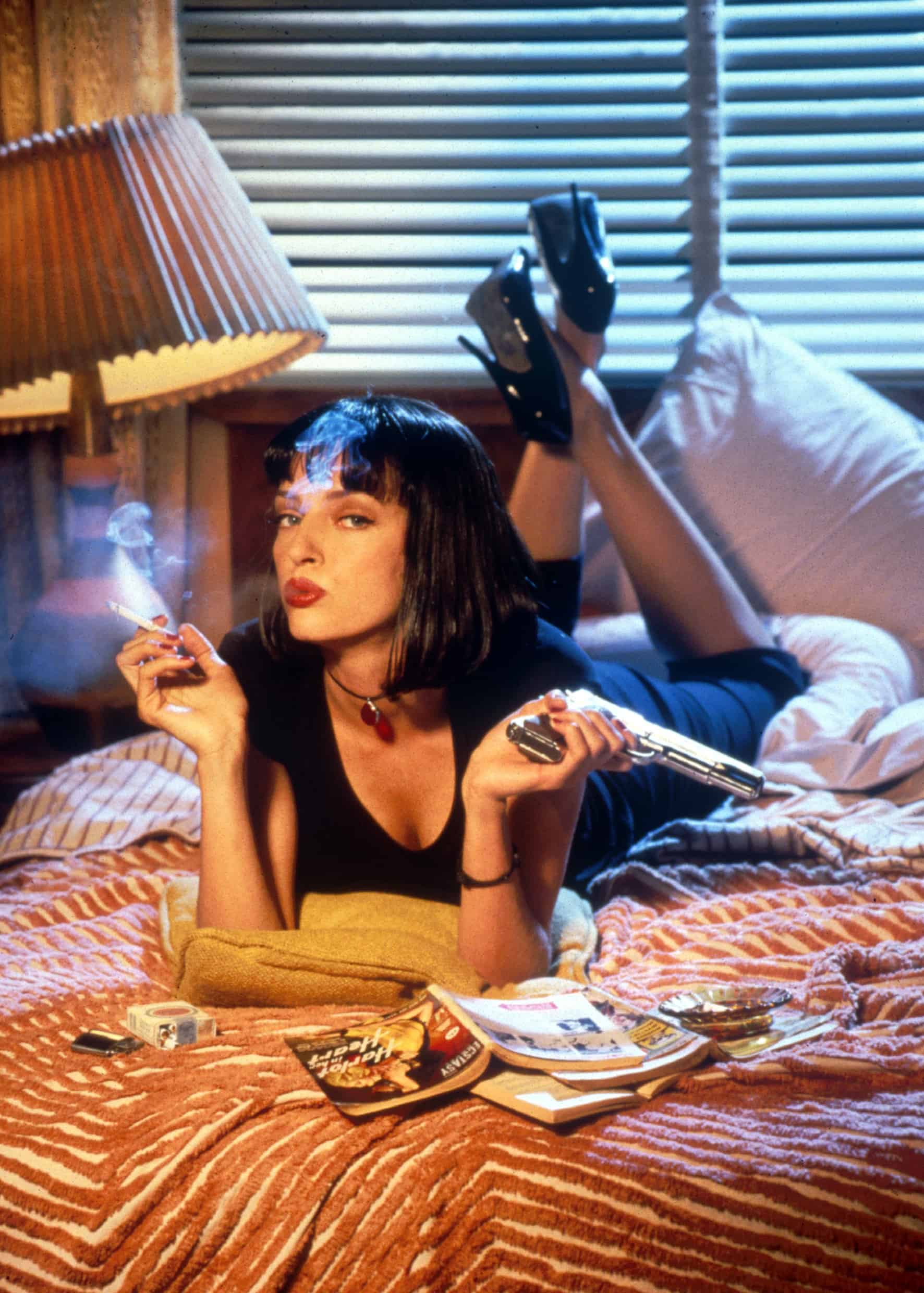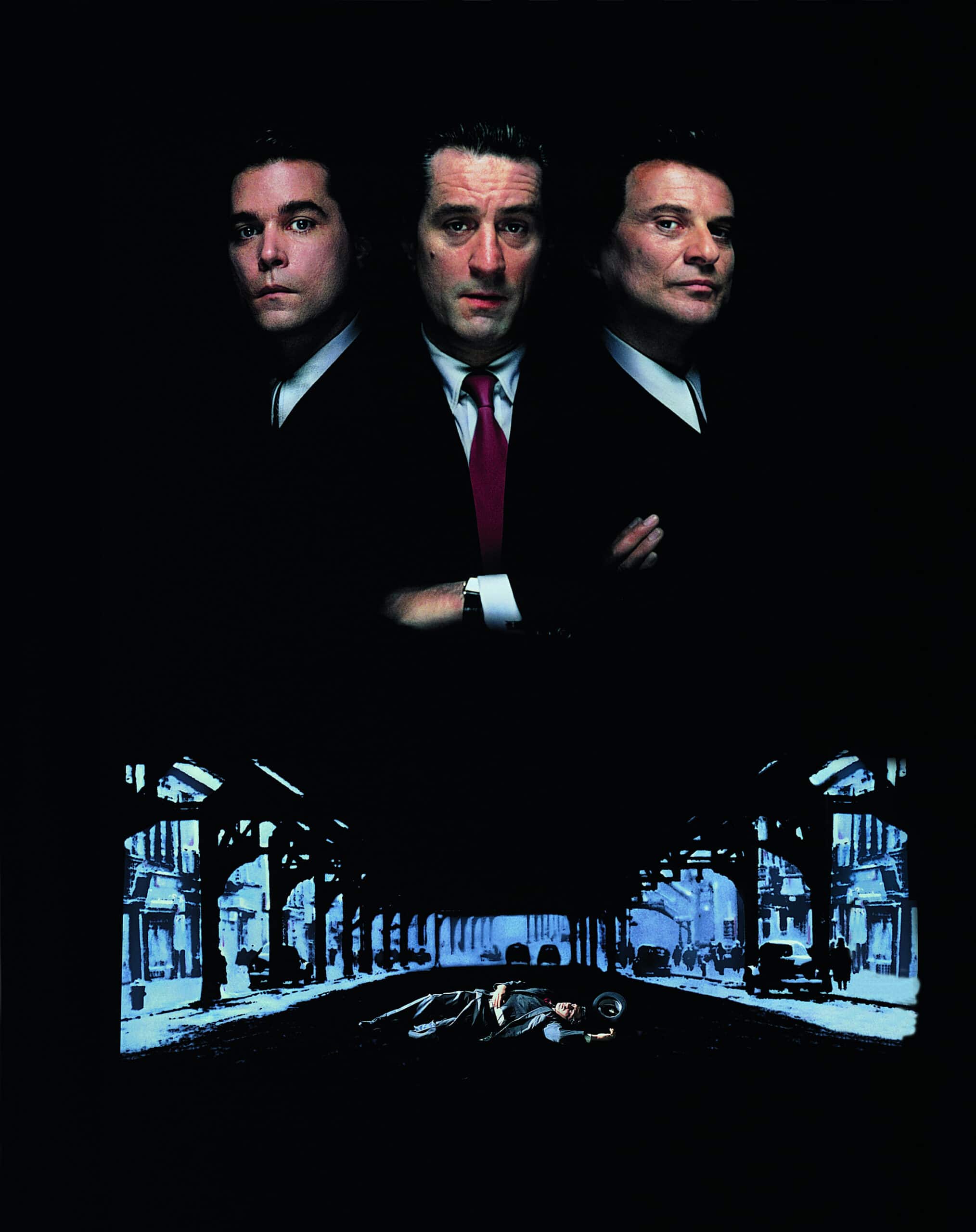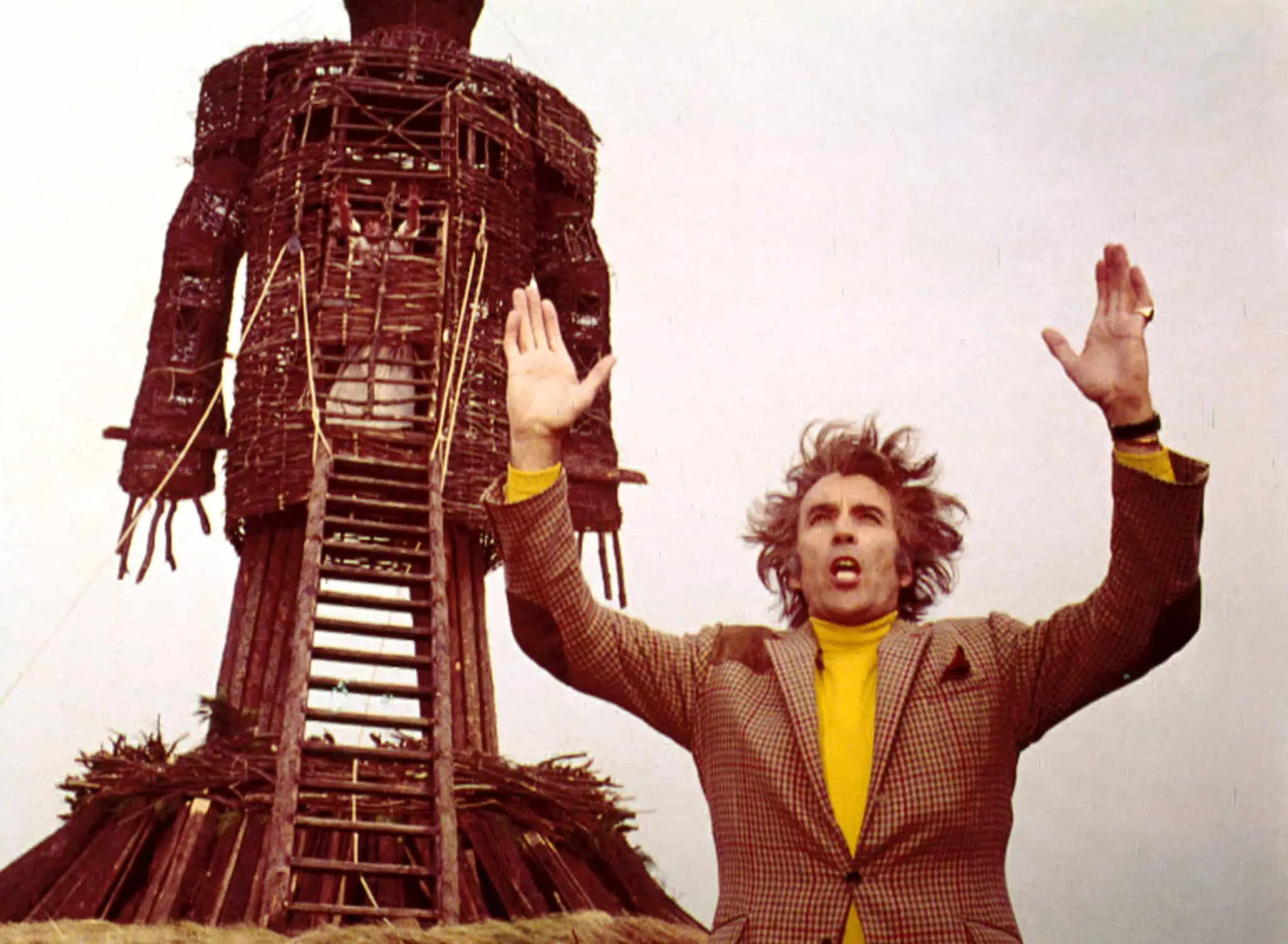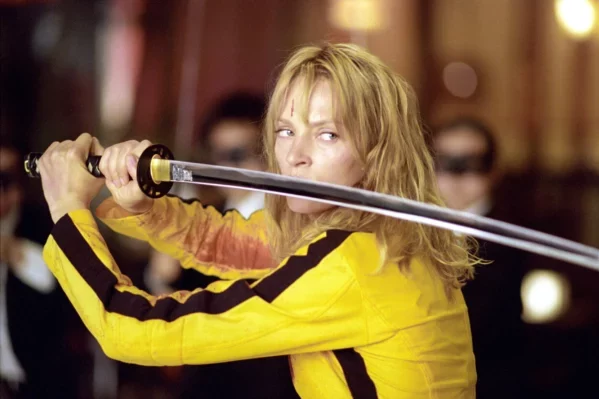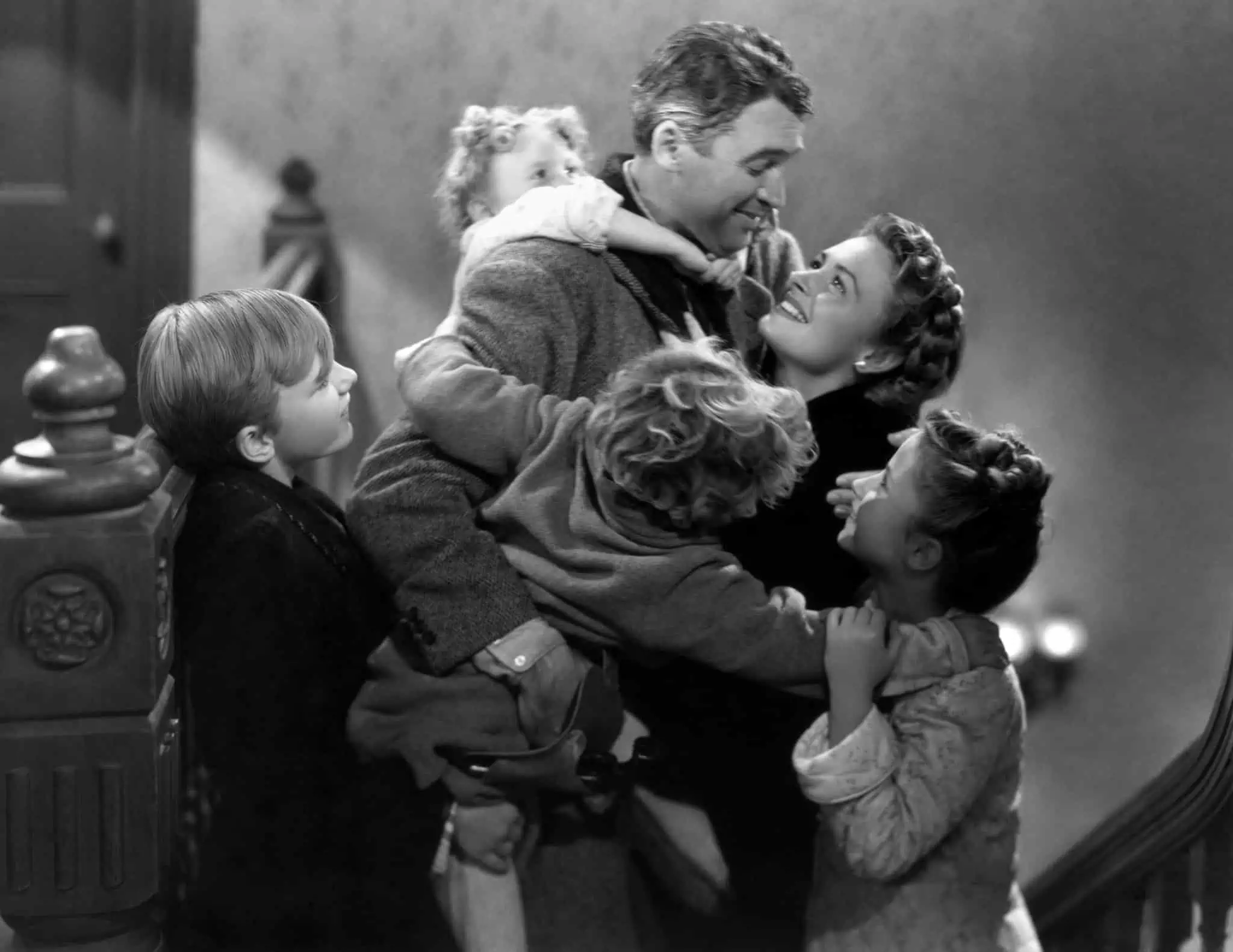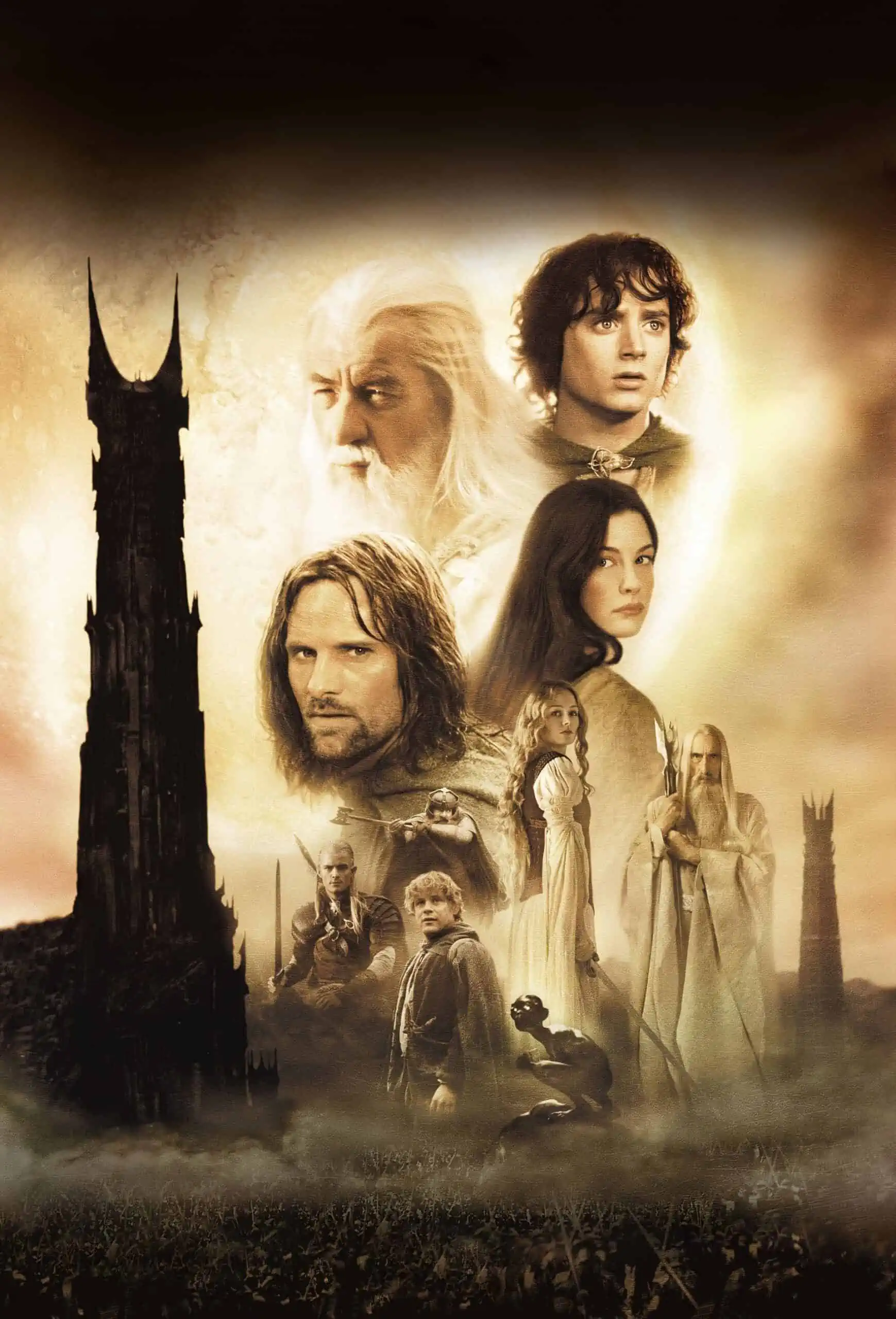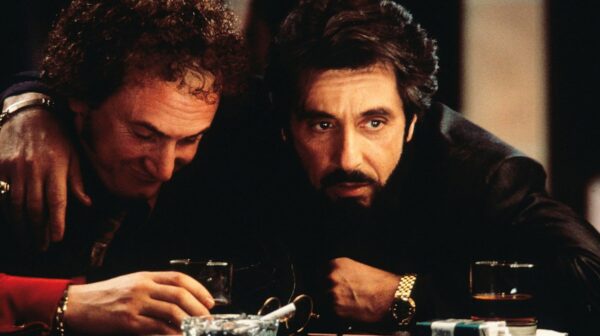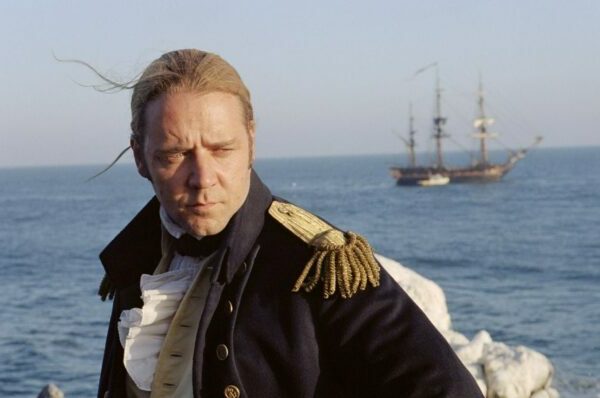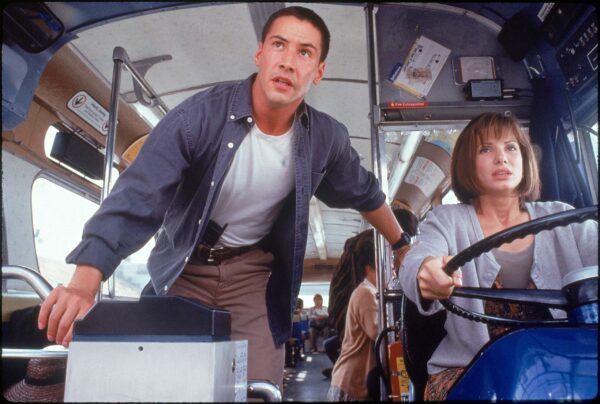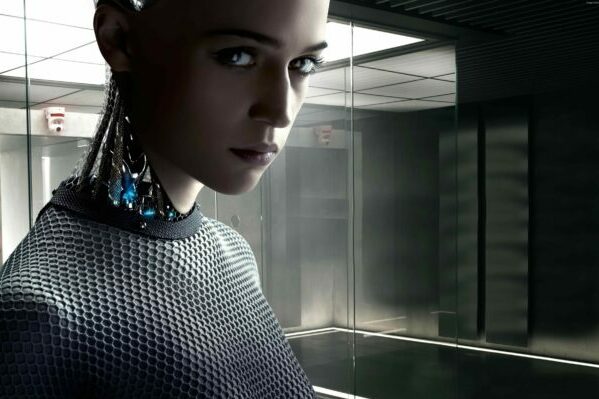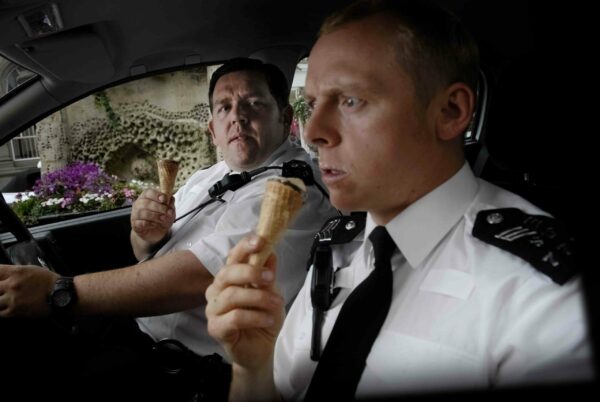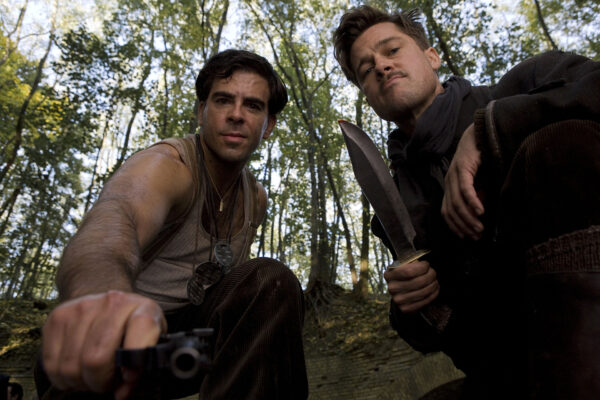
As we close in on the 9th decade since the Hitchcock adaptation of Rebecca, what better time to revisit the classic that has meant so much to so many. Sara Century goes back to 1940 to bring you the story behind the early Hitch masterpiece.
Rebecca is perhaps to this day the best-known novel by author Daphne Du Maurier. The book was released in 1938 after a tortured writing process that took several months. The writing and subsequent success of Rebecca is very much rooted in her own marital difficulties and her ongoing questioning of gender norms. The novel cemented her status in literary history, but the writer herself remains a bit of an enigma.
Rebecca is the story of a young woman who stumbles across the extremely rich Max de Winter, who lost his wife Rebecca the previous year. The unnamed Second Mrs. de Winter marries Max and moves into his family estate, Manderley, which he left after Rebecca’s death. In the time since his departure, the house has been cared for by Mrs. Danvers, who adored Rebecca and immediately despises the unrefined Second Mrs. De Winter.
The original theatrical trailer for Rebecca
The differences between the book and film are not vast, but they are apparent even in the first moments of run time. The famous first line of the novel, “Last night, I dreamed I went to Manderley again…” also kicks off the film, but establishes an entirely different effect. In the book, this is the detached description of a dream from a woman who is stuck in a perpetual present, whose life direction has completely left her own control despite her many privileges. In the film, the spooky description of the mansion sets the tone for a classic Hitchcockian mystery. The fog that engulfs the property is menacing, but distant. As the image cuts away to a stormy sea in the south of France, Manderley begins to resemble a sort of faraway memory rather than the looming shadow that is never fully left behind of the novel.
Manderley was based on Du Maurier’s home in Cornwall, Menabilly, and is as much as a character as any other figure from her books. For the film adaptation, the mansion was created in the RKO studio. That in mind, the set design is brilliant, and the great, gilded rooms come across as overwhelmingly large, setting the perfect scene for a woman who feels lost in someone else’s life.
The writing and success of Rebecca is very much rooted in Du Maurier’s own marital difficulties and her ongoing questioning of gender norms.
Hitchcock had already adapted one of Daphne du Maurier’s novels immediately prior to Rebecca; Jamaica Inn in 1939. Rebecca was Hitchcock’s first US film through RKO, and it thus began the era of Hitchcock films in which he had both creative freedom and the financial backing to match. This led to nearly a decade of stylish mysteries before he began to lean more heavily into horror. It would be thirteen years down the line that he would direct his final Du Maurier adaptation, The Birds.
In the role of The Second Mrs. De Winter, we have Joan Fontaine in her breakout role. She underwent six months of screen tests alongside hundreds of other actors. Like Hitchcock, this film was not to be the end of Fontaine’s experience with Du Maurier’s work, and she would go on to star in another adaptation, Frenchmen’s Creek. Fontaine was nominated for the Best Actress Oscar for this performance, an award she won the following year for another Hitchcock film, Suspicion.
Considering the extensive praise she received for the role, it’s interesting that a lot of fans of the novel consider Fontaine to be miscast. Indeed, there is no mistaking Joan, who was born in Japan, took years of diction lessons, and was the younger sister of the famous Olivia De Haviland, for the timid country mouse we believe The Second Mrs. De Winter to be. Yet that is not to disregard her performance here, as the sheer sense of anxiety that emanates from her at all times is very much in line with the tone of the character. Not for nothing, this was to be The Second Mrs. De Winter to define the role.
Still, perhaps no actor is quite so tied to the Rebecca mythos as Dame Judith Anderson, who plays the nefarious Mrs. Danvers. Primarily a stage actor, Anderson was nominated for Best Supporting Actress for her turn as the wicked housekeeper who seeks to destroy the love between Max and The Second Mrs. De Winter.
The character of Mrs. Danvers is most widely referenced in queer studies. She is one of the most notable examples of the “evil gay” trope that defined so many characters of literature and film alike. Danvers’ obsession with Rebecca leads her down a shadowy path to her own doom. In her first moments onscreen, The Second Mrs. de Winter drops a glove on the ground and Mrs. Danvers glares at her inelegance when they both bend down to pick it up. Disgusted by the naive heterosexuality of the new bride, Danvers seeks revenge.
The root of the relationship between Danvers and Rebecca is implied to be romantic in many subtle ways, but some more glaring. In the film’s most infamous scene, The Second Mrs. de Winter is found looking through Rebecca’s old room. Mrs. Danvers touches and delicately holds Rebecca’s lingerie. The Second Mrs. de Winter only then understands the true nature of Danvers’ fixation and she recoils in horror. Ultimately Danvers finds herself unable to live in a world without Manderley, and Manderley is unable to exist without Rebecca.
Despite its commercial success, Rebecca is a deeply strange story. The movie transitions from a fanciful whirlwind romance to drama to thriller and even horror. Though there are themes of the movie that don’t fully line up with each other, that is part of the haunting, dreamlike quality that made it such a success.
Rebecca is a fascinating novel, and the film is a cultural touchpoint for many reasons that go beyond the obvious. It’s difficult to look at the story without also considering the context that has been gleaned from it since its release, but that suits the enigmatic nature of the story, its author, the director of the film, and its hopelessly alienated characters. While Rebecca might have its flaws, it’s difficult to fully see them as you are pulled into the dream world in which Manderley is its own insulated reality. Eighty years later, and there still has yet to be another movie quite like Hitchcock’s Rebecca.
The beginning of a beautiful friendship
Stay up-to-date with all things All The Right Movies by signing up for our e-newsletter.



